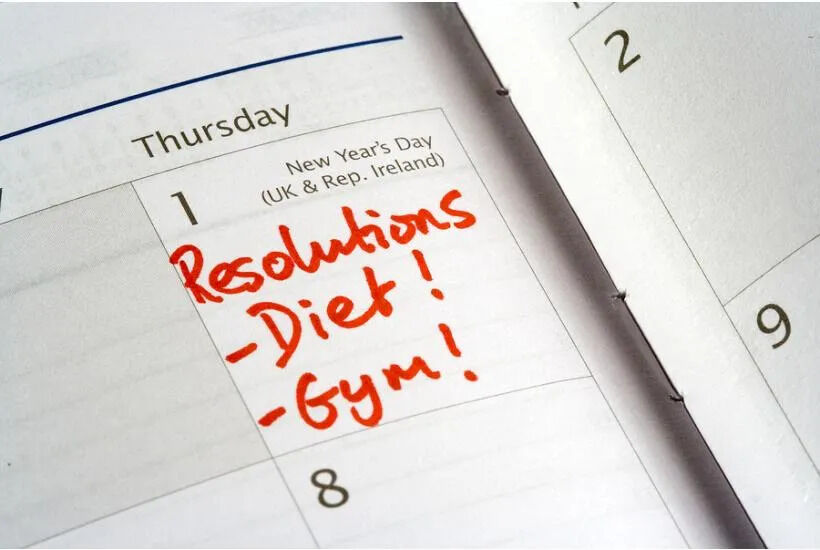Choose the Right Diet for Results Beyond New Year's Resolutions

It's New Year's Resolution time again. If making a resolution to "lose weight" seems to be deja vu, consider looking at a weight loss program that's designed for long-term health and success, not fast, but fleeting results.
You'll have a lot of options. Here, we look at whether one of the most popular categories for fast weight loss is really the most safe and effective choice.
Ketogenic (sometimes called K-E, keto or low-carb) diets are sometimes referred to as a "magic bullet" for rapid, substantial weight loss, so we are often asked if the WonderSlim® weight loss program works by putting the body into "ketosis."
In short, the answer is "no"- and for good reason. According to many experts, strict adherence to these types of diets may not be completely safe, should not be used long-term, and only be used under medical supervision.
We asked Kim Tessmer, a registered dietitian nutritionist and licensed dietitian and author, to explain exactly how keto diets work and her thoughts on their safety and effectiveness. She also explains how they function differently than a portion controlled, high protein weight loss program such as WonderSlim, and what the differences are long term.
Most importantly, Kim talks about her holistic approach to dieting: health that goes beyond just counting calories and watching scales.
〉 Read the full article over in the WonderSlim Learning Center.